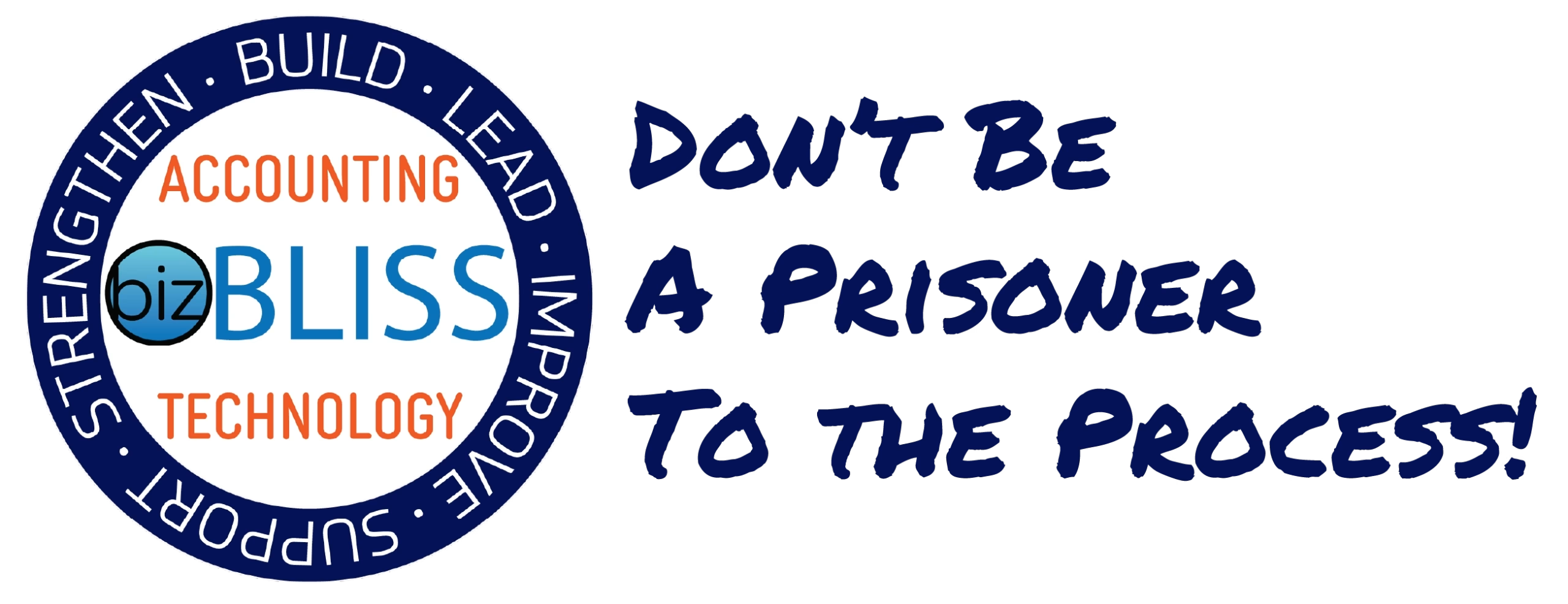Top Tips to Secure Your Computer

In today’s digital age, securing your computer is more crucial than ever. Cyber threats are evolving, posing risks to businesses of all sizes.
Small business owners and start-up entrepreneurs often face unique challenges. They must protect sensitive data while managing limited resources.
Tech consultants, too, need to stay ahead of the curve. They must ensure their clients’ systems are secure and up-to-date.
Understanding how to secure your computer can transform potential threats into growth opportunities. It’s about more than just installing antivirus software.
This guide will provide actionable tips to safeguard your systems. Let’s explore how to secure your computer effectively.
Why Securing Your Computer Matters for Business Success
Securing your computer is vital for protecting your business’s sensitive information. Data breaches can lead to financial loss and damage your reputation.
Businesses today rely heavily on digital operations. This makes it essential to safeguard systems against cyber threats. A single breach can disrupt operations and hurt client trust.
Moreover, implementing robust security measures translates into a seamless business experience. When systems are protected, employees can focus on growth rather than crisis management. By prioritizing security, businesses also set a standard for professionalism and care in client interactions.
Essential Steps: How to Secure Your Computer (EXCNTech Approach)
Securing your computer involves a systematic approach to tackle potential threats. The EXCNTech method emphasizes a structured, strategic plan, ensuring comprehensive protection.
Begin by conducting a thorough audit to identify vulnerabilities in your computer systems. This assessment is crucial for tailoring a security strategy suited for your unique business needs.
Next, implement essential security measures. This includes choosing antivirus software, updating systems regularly, and establishing secure networks. These steps form the foundation of a robust security plan.
Here are some essential steps:
- Conduct a detailed security audit.
- Install reliable antivirus software.
- Regularly update software and systems.
- Secure networks with firewalls and VPNs.
- Use strong, unique passwords and enable two-factor authentication.
Remember, maintaining security requires continuous learning and adaptation. By staying informed about new threats, you can keep your defenses strong.
With the EXCNTech approach, businesses can transform security from a challenge into a strategic advantage.
Choose and Use the Right Antivirus Software
Selecting the right antivirus software is crucial for safeguarding your computer. A good antivirus program protects against malware, viruses, and spyware. However, picking the ideal one for your business requires careful consideration.
Look for software that provides comprehensive coverage and real-time protection. Ensure it is compatible with your operating systems and meets your business needs. Ease of use is also an important factor, as complex interfaces can hinder effective use.
Here’s what to consider when choosing antivirus software:
- Comprehensive protection: Must cover all threats, including malware and phishing attacks.
- Regular updates: Keeps the software current with the latest threats.
- User-friendly: Offers a simple interface for easy navigation.
Once installed, keep the software updated and run regular scans. This ensures your computer remains protected from new and evolving threats.
Keep Software and Systems Updated
Regular updates are vital for security. Software developers release updates to fix vulnerabilities and enhance performance, crucial for risk mitigation. Outdated software can be a haven for cybercriminals and hackers.
To ensure security, create an update schedule. Automate updates when possible for convenience and reliability. Here’s a quick checklist for software updates:
- Stay informed: Subscribe to update notifications.
- Prioritize security patches: These patches fix known security issues.
- Include all systems: Don’t overlook less obvious software like browser plugins.
Keeping systems current minimizes the risk of exploitation and protects your computer from threats.
Strengthen Passwords and Enable Two-Factor Authentication
Passwords are often the first line of defense. Weak passwords create significant vulnerabilities. Therefore, it’s crucial to use strong, unique passwords for every account.
A password manager is a valuable tool for creating and storing complex passwords. This approach minimizes the likelihood of repeated or easily guessed passwords. Here’s how to bolster your password strategy:
- Create lengthy, complex passwords.
- Use a password manager for storage.
- Avoid using the same password across accounts.
Two-Factor Authentication (2FA) adds another layer of security. By requiring a second form of verification, it significantly reduces unauthorized access risks. Enabling 2FA is a simple but powerful step in securing your computer.
Secure Your Network: Firewalls, VPNs, and Wi-Fi Safety
Securing your network is vital to protect your computer from external threats. Firewalls act as barriers, blocking malicious traffic and unauthorized access. Implementing a robust firewall is a fundamental step toward safeguarding your network.
Virtual Private Networks (VPNs) enhance security by encrypting internet connections. They’re especially beneficial for remote work, ensuring data privacy over public networks. Using a VPN can significantly reduce exposure to cyber threats.
Maintain Wi-Fi security with strong encryption protocols such as WPA3. Regularly update your router’s firmware to fix vulnerabilities. Employ these network security practices:
- Set a strong, unique password for your router.
- Enable network encryption (WPA3).
- Disable guest networks if not needed.
Backup and Encrypt Your Data
Data loss can cripple a business, making regular backups crucial. Automated backups ensure that data remains safe without daily manual effort. Schedule frequent backups to minimize potential data loss.
Encryption adds another layer of security, especially for sensitive information. Encrypting data transforms it into unreadable code for unauthorized access. Consider these data protection strategies:
- Set up automated backups for critical files.
- Use encryption tools to secure sensitive information.
- Regularly test backup restoration processes.
Educate Your Team and Foster a Security-First Culture
Building a security-first mindset is crucial for your organization’s safety. Regular training sessions can boost your team’s awareness of the latest threats. Engage employees in ongoing learning.
Focus on fostering a culture where security is a shared responsibility. Consider these steps:
- Conduct regular cybersecurity workshops.
- Encourage open dialogue about security concerns.
- Create a security mentorship program within the team.
Advanced Tips: Audits, IoT, and Cloud Security
As your business grows, advanced security measures become essential. Regular security audits can help identify vulnerabilities before they become issues. Stay proactive and safeguard your business assets.
IoT devices and cloud services are integral to modern operations but require special attention. To enhance security:
- Schedule periodic security audits for systems and networks.
- Secure IoT devices with strong credentials and regular updates.
- Review cloud service security settings and access controls regularly.
Responding to Threats and Continuous Improvement
Reacting swiftly to threats is critical to minimizing damage. Develop a strong incident response plan and ensure all team members are familiar with it. Quick action can deter future breaches and reassure clients.
Continuous improvement involves staying updated with the latest security trends and technologies. Encourage your team to partake in regular training sessions to keep their skills sharp, ensuring your business remains secure and resilient.
Conclusion: Turning Security Into Opportunity
Incorporating robust security measures isn’t just about protection. It’s a strategic move that can unlock growth and confidence in your business. By safeguarding data and infrastructure, you enhance customer trust and operational efficiency.
Security challenges are opportunities in disguise. By proactively addressing them, you establish a culture of resilience and innovation, propelling your business toward sustainable success and a stronger market presence.


